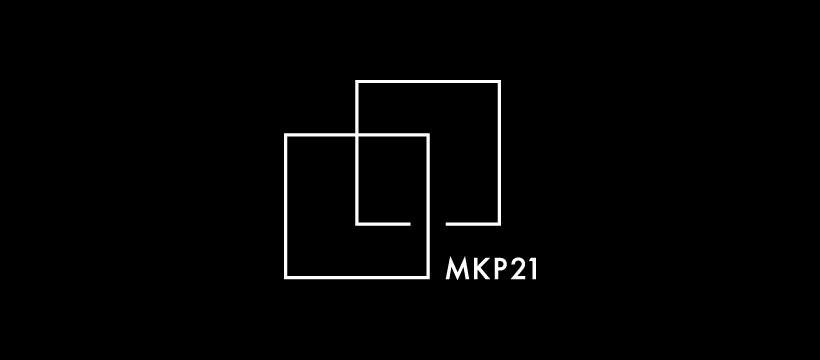Talk but Don’t Talk
I still remember the day I was invited to the search for this “something“ that I thought was different from what people perceived as reality. Later on it turned out that this “something“ was as ordinary as it can be, but that was only later on, and I naively launched an extensive search for what I only had a tiny clue of.
That was one early morning at a station, where I waited for the commuter train, listening to a part of Gabriel Faure’s “Requiem” coming out of my earphones. Strangely enough, I suddenly noticed that the train I was expecting to come, the same train I used to get on every morning, had already gone. I remember seeing it come, but the next time I was aware of my surroundings, it wasn’t there. I seemed to have had my eyes closed, but there also seemed to be a complete discontinuation in space-time reference for almost a minute, which I could tell from Faure’s “Requiem”; the music showed that it was on for nearly one minute, while I wasn’t even hearing it. In a sense, I was hearing and not hearing at the same time.
The Koan I want to introduce here is quite similar to one of my previous posts entitled “Walk without Walking.” The Koan here can actually be seen a set of three Koans, where Baizhang, a Zen master, asks three monks the same question. The question is “How does one speak with one's lips and throat closed?” In other words, Baizhang asks the monks to speak without using their mouth. Can you? I bet you’ll say you can't. But wait. How do we know that we are using something called mouth, lips, throat … to talk?
Yes, the word “lip” is a word we give to a mixture of certain colors, shapes, and sensations, plus the ideas around these words (we could easily relate lips to talking or kissing). The fact about the act of talking may be, however, irrelevant to all the above labels that we put to this “something” that is happening while we think we are talking. Now, then, what is this “something?” This question brings us back to another question, which is “What is this?” This way, everything we experience in this perfectly ordinary daily life is “this,” waiting to be inquired into.
So, try asking everything you notice the question “What is this?” And don’t forget to observe so carefully that you even forget that you are observing. Let “this” reveal itself. Then you’ll know what Baizhang meant by “"speaking with one’s lips and throat closed.” By the way, each of the three of Baizang’s disciples answered this question in different ways. My favorite one? “Shut your own mouth, master.”
